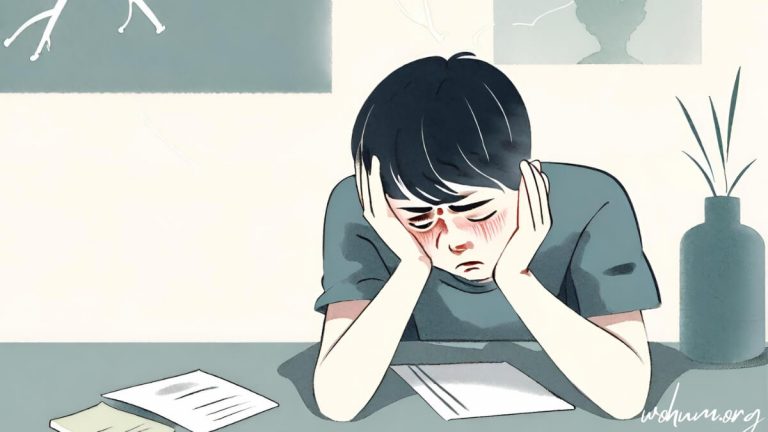Navigating Anxiety in Teenagers: Signs, Strategies & Support


The teenage years – a whirlwind of emotions, social complexities, and self-discovery. It’s no surprise that anxiety can be a frequent companion during this crucial developmental stage. As parents, and caregivers, it’s essential to equip ourselves with the knowledge to recognize anxiety in teens and guide them towards healthy coping mechanisms.
Imagine yourself on a rollercoaster. That’s what adolescence can feel like – a rush of hormonal changes, academic pressures, burgeoning social lives, and the constant question of “who am I?”. It’s perfectly normal for teens to experience some level of anxiety in response to these challenges. However, when worry and fear become persistent and start to interfere with daily life, it might be a sign of an anxiety disorder.
Anxiety doesn’t always manifest as the stereotypical nervousness before a big test. Here are some signs to watch out for:
Related Reading: Understanding Anxiety in Children: Signs and Symptoms
Remember: Every teenager is unique, and these signs may vary in intensity and frequency. If you notice several of these signs for an extended period, it’s important to have an open conversation with your teen.
The good news? Anxiety is highly treatable. Here are some tools you can introduce to your teen’s anxiety-fighting arsenal:
Let your teen know they’re not alone! Here’s how you can create a supportive environment:
Related Reading: Social Media’s Impact on Teen Mental Health: Tips for Responsible Use
Remember, you are not alone! Many resources are available for parents, and caregivers. Here are some helpful starting points:
By recognizing the signs of anxiety, equipping teens with coping skills, and fostering a supportive environment, we can help them navigate this challenging yet exciting period and build resilience for a brighter future.